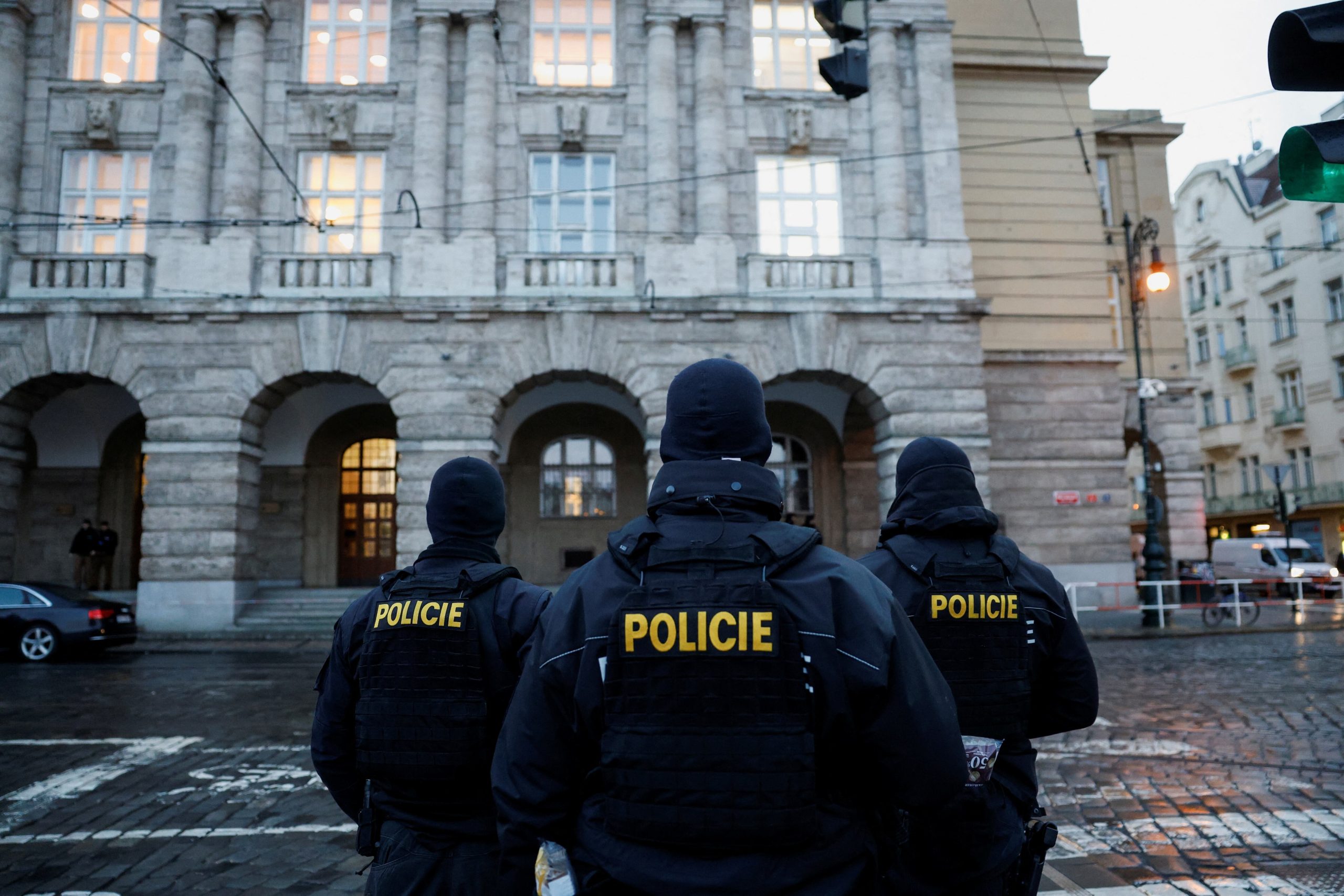European Centre for Counterterrorism and Intelligence Studies, Germany & Netherlands – ECCI
NEW TRAINING NEEDS ANALYSIS OUTLINES MAIN TRAINING PRIORITIES IN THE AREA OF COUNTERTERRORISM
cepol.europa.eu – Protecting Europeans from terrorism and organised crime is one of the priority areas of the European Union’s (EU) new Security Union Strategy for the period 2020-2025. Alike the EU Counter-Terrorism Agenda adopted in 2020, the strategy underlines the importance of Member States’ developing capabilities through training and sharing of best practices.
The CEPOL EU-STNA report 2022-2025 identified counterterrorism as one of the most important thematic training areas for law enforcement officials to be delivered during the new European multi-disciplinary platform against criminal threats (EMPACT) cycle. In order to define the training portfolio responding to the needs of EU law enforcement officials and representatives from judicial authorities who are engaged in countering terrorism and violent extremism, as well as radicalisation prevention, CEPOL launched the fourth Operational Training Needs Analysis (OTNA) process on Counterterrorism towards the end of 2021.
The report builds upon the strategic training priorities defined by the EU-STNA report 2022-2025 and the experience gained from previous OTNA studies. The outcomes of the research will be used to define CEPOL’s training portfolio on a diverse list of topics related to countering terrorism and violent extremism, as well as radicalisation prevention.
The OTNA confirms that the majority of the main training topics, as prioritised in the EU-STNA, are relevant for EU law enforcement officials. More specifically, the following topics have been found to be the most relevant in terms of law enforcement training: radicalisation and violent extremism, use of OSINT in counterterrorism, countering of financing of terrorism, foreign terrorist fighters, prevention of dissemination of terrorist content online, protection of public spaces and critical entities resilience, use of information systems and cooperation mechanisms, and regional and neighbouring countries cooperation on specific terrorism cases.
Recognising the importance of providing high-level, up-to-date training opportunities to EU law enforcement officials, CEPOL established the Knowledge Centre on Counterterrorism (CKC CT) with the aim to further enhance the agency’s activities in the field. As per the OTNA methodology, CKC CT actively participates in the relevant OTNA exercises, providing knowledge and expertise throughout the OTNA cycle, as needed. Furthermore, the CKC CT is mandated to design the multiannual EU-level training portfolio in the field of counterterrorism, ensuring the highest quality of activities in this specific domain.
What is behind the OTNA approach?
The CEPOL Regulation mandates the Agency to incorporate training needs assessments and analyses in its planning. CEPOL completed the second EU Strategic Training Needs Assessment (EU-STNA) in 2021, identifying strategic level training priorities for law enforcement officials across Europe for the next 4-year cycle 2022-2025 of the European Multidisciplinary Platform Against Criminal Threats (EMPACT). In order to analyse the particular training needs in more details, CEPOL is conducting the OTNAs.
The OTNA methodology is a structured training needs analysis procedure, which takes into consideration the deliverables of the EU-STNA process. CEPOL designs its multiannual training portfolio building on the outcomes of the OTNAs, which provide a detailed understanding of the number and profile of officials to be trained, as well as on the proficiency and urgency level of training to be delivered.




